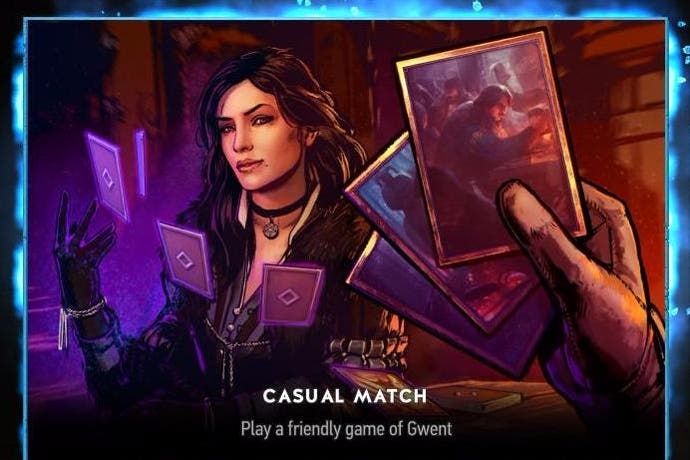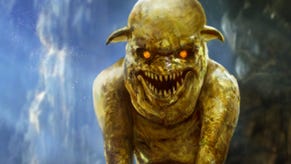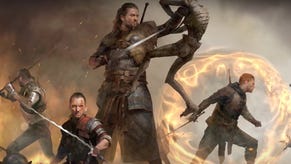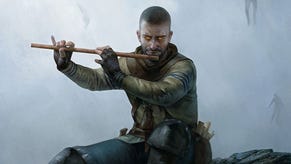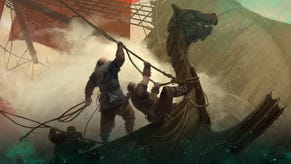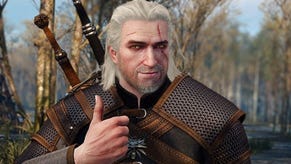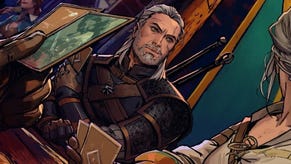Gwent plays a much better game of cards leaving The Witcher 3 behind
It has crone.
How did you get on with Gwent in The Witcher 3? It seemed like everyone was obsessed for a while. I enjoyed it, to begin with. It was surprisingly fully conceived for a mini-game. But as the Witcher 3 campaign got going and Gwent cards started being out of my way, I let it slide. My deck didn't improve, I couldn't compete with tougher opponents and I got thrashed. And so I gave up on Gwent.
But along comes Gwent: The Witcher Card Game, the new and improved standalone version currently in closed beta, and says, "You know me, we used to be friends, why don't we try again?" Well why not? I know the rudiments, how the card game works - a familiarity shared by millions of Witcher 3 fans, which is why standalone Gwent has a real chance of success. But if Gwent wants to succeed outside of The Witcher 3 it will need to do more. Hearthstone insists on it.
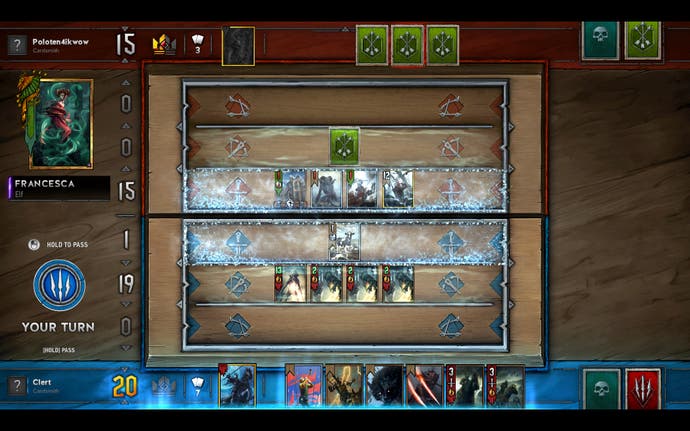
Fortunately Gwent: The Witcher Card Game does do more. Even at a glance it's more colourful, more animated, more bombastic. There's new art, and cards have voice lines and even move around in their frames like Dawn French on the wall at Hogwarts. There's personality, tactility. It's no small compliment to say production values are up there with Hearthstone, a game Gwent evokes at every turn though one it plays fundamentally differently to. Remember the aim is not to kill enemy heroes but have the highest card-strength on the board, but you have a very limited amount of cards - you do not draw each turn - and potentially three rounds to last. If you use your best attacks early, your opponent will have options to deal with them, but if you wait and bluff and draw their cards out then perhaps you can run rampant later on - providing you're still standing.
Gwent was this way in The Witcher 3 of course, but now there are so many more options to consider. Cards have changed, their variety expanded; there's more nuance, more possibility on offer. Spying has disappeared, whereas spies were essential for boosting card-count in The Witcher 3; and the powerful Tight Bond ability, which doubled the strength of identical adjacent units, has vanished, replaced by a variety of buffs. There are more ways to do everything, to increase card strength, to damage other cards, to keep cards between rounds, to trigger abilities on death, to consume cards, even come back stronger from the dead. The Commander's Horn still plays a pivotal role, doubling a row's strength, but is no longer the be all and end all of each match. Tactics have expanded tenfold and Gwent is all the better for it.
Better still, there's no more traipsing across a vast Witcher 3 world to find all the cards. From the start, for free, you have four basic starter decks (the Nilfgaardian Empire is in development). You build upon them by opening card packs - card kegs that burst when a troll squeezes them - or by 'milling' cards for 'scraps' and then crafting. You can either spend 100 collected 'ore' (currency) on a card keg, or spend £1. Gwent even offers you slight control over the random number generator, dealing you four cards face down then offering you a fifth, a special one, from a selection of three.
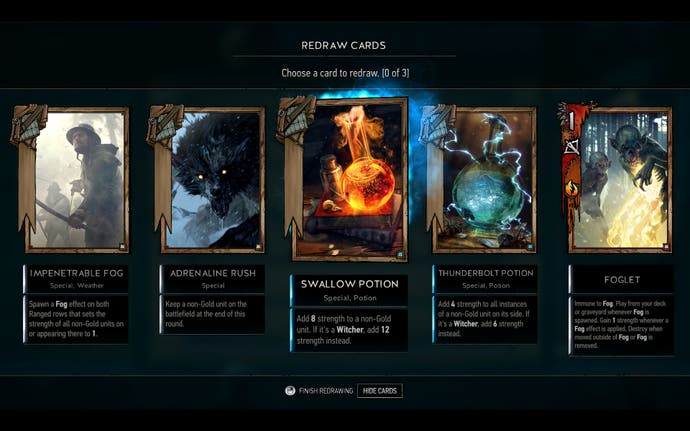
There's casual multiplayer, ranked multiplayer from level 10, and private friend matches. There will be a campaign, too, where you are a mercenary travelling the land recruiting fighters (cards). Apparently you will make difficult decisions that could win or lose you cards, and I have high hopes for it - after all, we know CD Projekt Red tells a good story. There's cross-platform multiplayer between PC and Xbox Live working now, which is a nice touch. It's up to Sony whether PS4 joins the party when Gwent launches at presumably some point this year.
I dropped Gwent when playing The Witcher 3, then, but Gwent: The Witcher Card Game has brought me right back. Not only has the game of cards significantly improved and deepened, but enough time has passed from The Witcher 3 to let in a little nostalgia, some room to reminisce. It's a pleasure being back with Geralt and pals, to see and hear those old faces again. That was a fine adventure. But more to the point: now there are no distractions, now there is only Gwent. And Gwent is doing it: standing alone.
